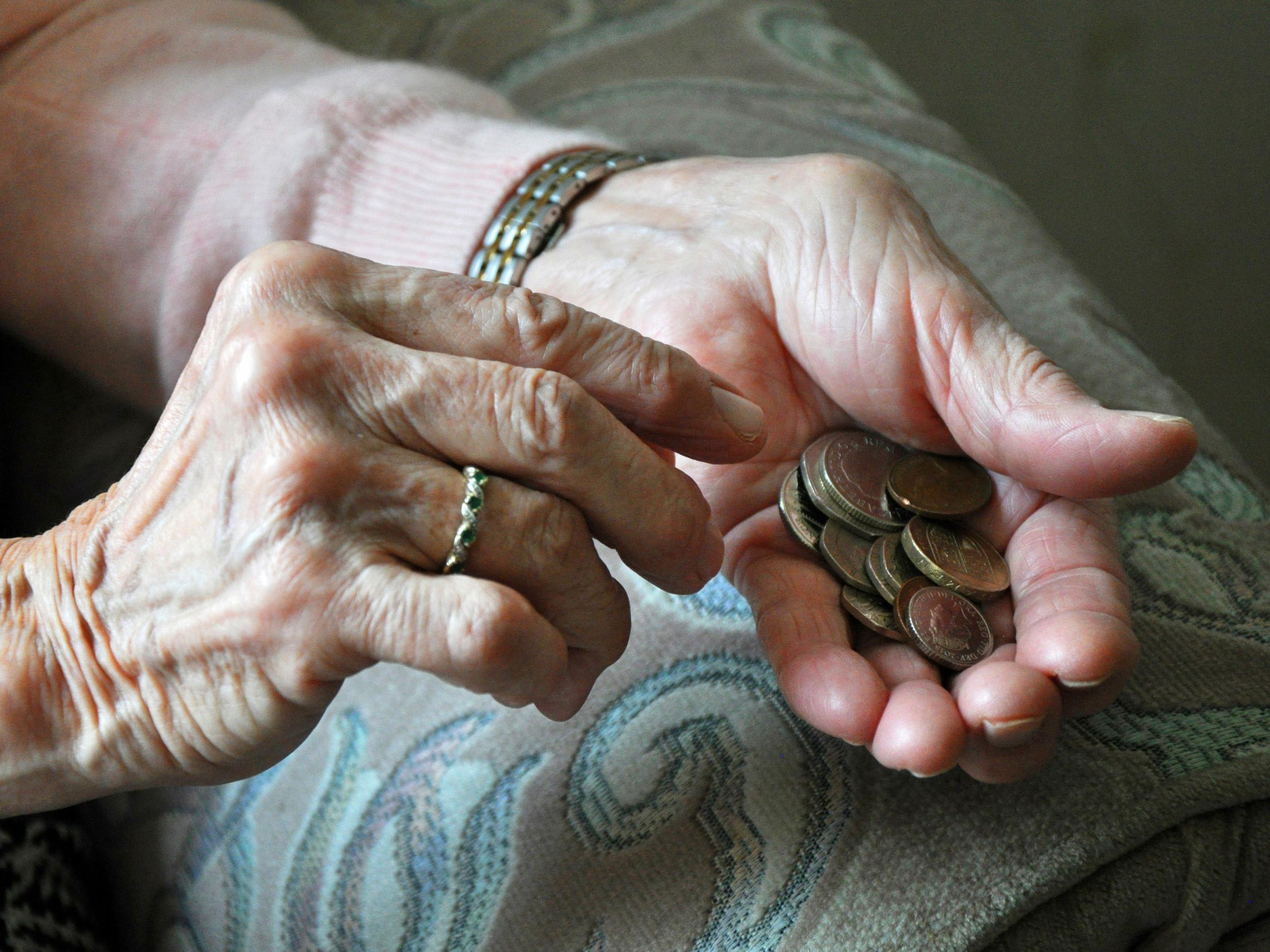Life expectancy gap between rich and poor widens
'Low incomes are costing lives,' says The Equality Trust

The life expectancy gap between England’s richest and poorest communities has grown over the past 14 years, a report has found.
A boy from one of the wealthiest areas of the country will on average outlive one from the poorest by around eight years and five months, according to new analysis of data collected in 2015.
In 2001, the average life expectancy gap was about seven years and four months.
Girls born in the top 20 per cent of areas will on average live five years and ten months longer than those born in the bottom fifth, according to the report, rising from a five-year difference in 2001.
Researchers from the Longevity and Science Panel, which is funded by financial services company Legal and General, looked at data from the Office for National Statistics (ONS) in 2015.
The data on death rates was divided into 33,000 residential areas rated on a range of socio-economic factors, including income, education, health and crime.
Although death rates for 60 to 89-year-olds improved for both rich and poor areas between 2001 and 2015, the biggest gains were recorded among the most affluent neighbourhoods.
People from the least advantaged fifth of the country are now about 80 per cent more likely to die in a given year than those from the most advantaged fifth, the researchers found.
This is higher than in 2001, when men were 52 per cent and women were 41 per cent more likely to die if they lived in a poor area compared to a wealthy one.
Chair of the panel, Dame Karen Dunnell, said: “Dying earlier if you are poor is the most unfair outcome of all, so we should all be concerned about the growing divergence in rich-poor life expectancy.
“To reduce the risk of further widening, we need better understanding of the precise causes, followed by co-ordinated policy initiatives across health, work, welfare, pension and housing to improve outcomes for all.”
Dr Wanda Wyporska, executive director of The Equality Trust, told The Independent in an emailed statement: ”We know that the UK has one of the highest levels of income inequality in the developed world and this report reveals that low incomes are costing lives.
"After ONS figures last month showing a similar trend, alarm bells ought to be ringing in the heart of Government.
“This trend can only move upwards, as the UK has become a country where nurses and teachers depend on food banks, where four million children live in poverty and working people are exploited by low wages and the gig economy.
“The roll out of Universal Credit and over a million children losing their free school meals could also contribute to more ill health and more inequality.”
A Department for Health and Social Care spokesperson said: “Health inequality is a challenging and complex area, but we are committed to tackling this issue.
“Cancer survival rates are at a record high and smoking rates are at an all-time low, but we know there is still too much variation.”
Subscribe to Independent Premium to bookmark this article
Want to bookmark your favourite articles and stories to read or reference later? Start your Independent Premium subscription today.

Join our commenting forum
Join thought-provoking conversations, follow other Independent readers and see their replies